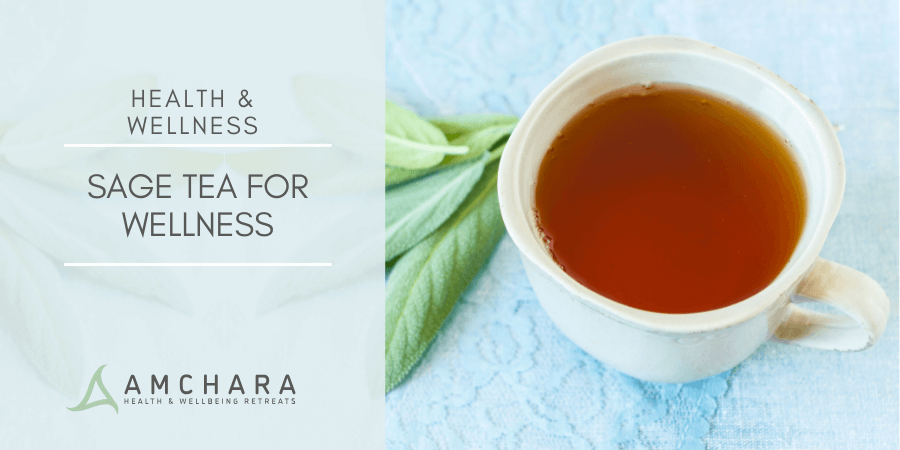The third Monday of January is known as Blue Monday and is coined as the most depressing day of the year. During January, we are still enduring long, dark nights and cold weather.
Psychological factors can also impact low mood at this time, such as post-Christmas comedown, and sometimes abandoned New Year resolutions. In the last couple of years, this has been compounded by the impact of the pandemic on physical and mental health and wellbeing.
Typically, we spend less time outdoors in the fresh air, and it is unsurprising that many people feel, quite literally, under the weather at this time of year.
Mind UK, however, want to ‘dispel the myth that the third Monday in January is the most depressing day and remind people that depression is a serious condition that can affect people on any day’. It is important to understand there is a vast difference between being clinically depressed and feeling a little under par during the gloomy UK winter.
We always take an evidence-based approach and aim to provide you with actionable knowledge and tips to help you on your journey to optimal health.
In this article we’ll take a closer look at what steps you can take to alleviate winter blues, and boost your health, happiness and wellbeing.
What is SAD
Seasonal Affective Disorder (SAD) is a depressive condition that’s related to the changing seasons of the year, typically starting at the beginning of winter and resolving by the spring. Symptoms include low mood, tiredness, difficulty concentrating and reduced energy levels.
What causes SAD is not known, but it is thought that various factors increase the likelihood of its development. A lack of sunlight impacts the body’s natural circadian rhythm, and can reduce the amount of serotonin produced, sometimes referred to as the ‘happy’ hormone, contributing to good mood as well as appetite and sleep. Production of melatonin, the ’sleep’ hormone, can also be impacted with over-production during the winter months, affecting mood and sleep patterns.
Risk factors that can affect the likelihood of developing SAD include a family history of depression, bipolar disorder, prolonged low levels of Vitamin D, and living far from the equator, thought to be as a result of the decreased winter sunlight and longer summer days.
6 steps to alleviate the winter blues
1. Light therapy
Also known as light boxes or light therapy lamps, SAD lamps can help alleviate low mood and reduce other SAD symptoms by replicating natural sunlight. Choose a lamp that filters out damaging UV light and make sure it can be positioned downwards to avoid eye glare.
Making sure you sit by a window in your office or if you work from home, to help boost your exposure to light during the winter months.
2. Exercise
Research shows that regular exercise can have a significant effect in reducing symptoms of low mood and depression, and is even more beneficial if you can exercise outside and within a couple of hours of waking.
A study published by JAMA Psychiatry found that higher-intensity exercise such as running for 15 minutes a day, or lower-intensity exercise like walking or doing housework for an hour, reduces the risk of major depression. It also found that moving your body intentionally in more gentle ways throughout the day – such as walking, stretching, taking the stairs, doing the dishes – can still add up in good ways for your mood.
3. Vitamin D
Reduced hours of sunlight means the skin cannot produce as much Vitamin D, which exerts many important functions including impacting the production of serotonin. You can gain Vitamin D through nutrition, by eating foods like fish oil, fatty fish, and foods fortified with Vitamin D like some orange juice, cereals and yoghurts, but many people are advised to take a supplement during the winter months to maintain adequate Vitamin D levels.
4. Digital detox
Try to limit the amount of time you spend looking at screens. Overwhelm from negative news and too much screen time in general can contribute to feelings of stress and sadness. As well as limiting screen time, why not try to have a day a week of complete digital detox – no screen time at all.
5. Sleep
Plan to go to sleep and wake up at the same times each day. Avoid napping and follow a simple bedtime routine to signal to your body that it is time to sleep, try taking a relaxing bath or drinking calming herbal tea and avoid screen time in the 90 minutes before bed time. Disrupted sleep patterns affect the circadian rhythm, also impacting cortisol rhythms and the production of hormones.
6. Psychotherapy
If making positive lifestyle changes isn’t alleviating depressive symptoms, then seeking professional help might be a good option. Therapies such as psychotherapy and cognitive behavioural therapy (CBT) have been proven to be very effective in treating conditions such as SAD.
7. Stress Management
Learning to manage and reduce your stress levels is beneficial for your overall health, as well as a useful part of your mental and physical toolkit to alleviate depressive symptoms. Try yoga, deep breathing, Tai Chi and meditation to help you learn to relax.
8. Socialise
Humans are social creatures and feelings of isolation or loneliness can make the winter blues feel worse. Boost your mood and mental health by connecting with friends, colleagues and family, either in person where possible or virtually.
Takeaway
Many factors can contribute to the development of depression. If you are struggling with the winter blues, adopting the above positive lifestyle modifications may help you feel better.
Or why not come to a detox health retreat in our nurturing environment at Amchara, where our experienced Personalised Health practitioners can work with you to explore positive lifestyle choices to help you reach your health goals, with a tailored approach taking into account your individual circumstances.
We know that sharing knowledge and experiences can be an important part of achieving optimal health, we’d love to know if you have suffered from the winter blues and what strategies have worked for you to boost your mood.
You may also be interested in:




